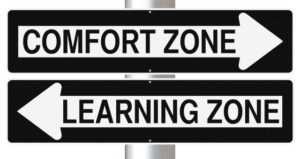
Five Classroom Assessment Techniques for the Online Classroom
Classroom Assessment Techniques (CATs) are valuable tools for helping faculty find out what students are learning and how well they’re learning it. Since the 1988 release of Classroom Assessment Techniques: A Handbook for College Teachers by Thomas Angelo and Patricia Cross, college teachers have been









